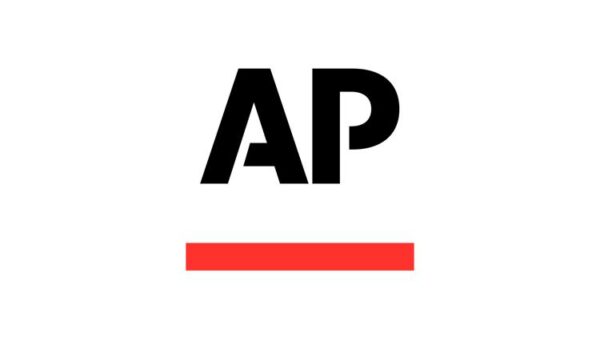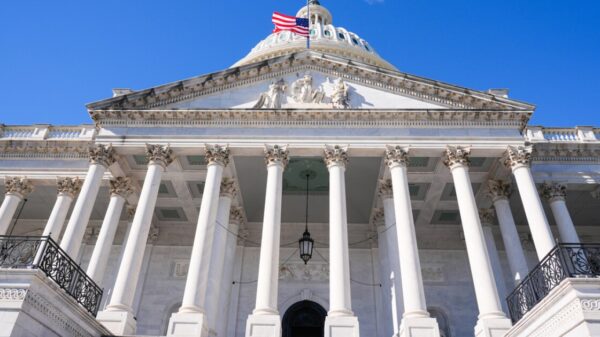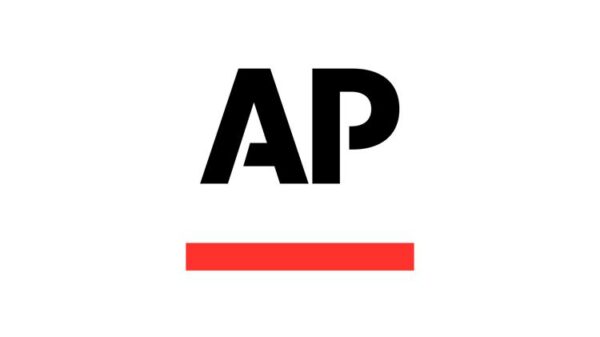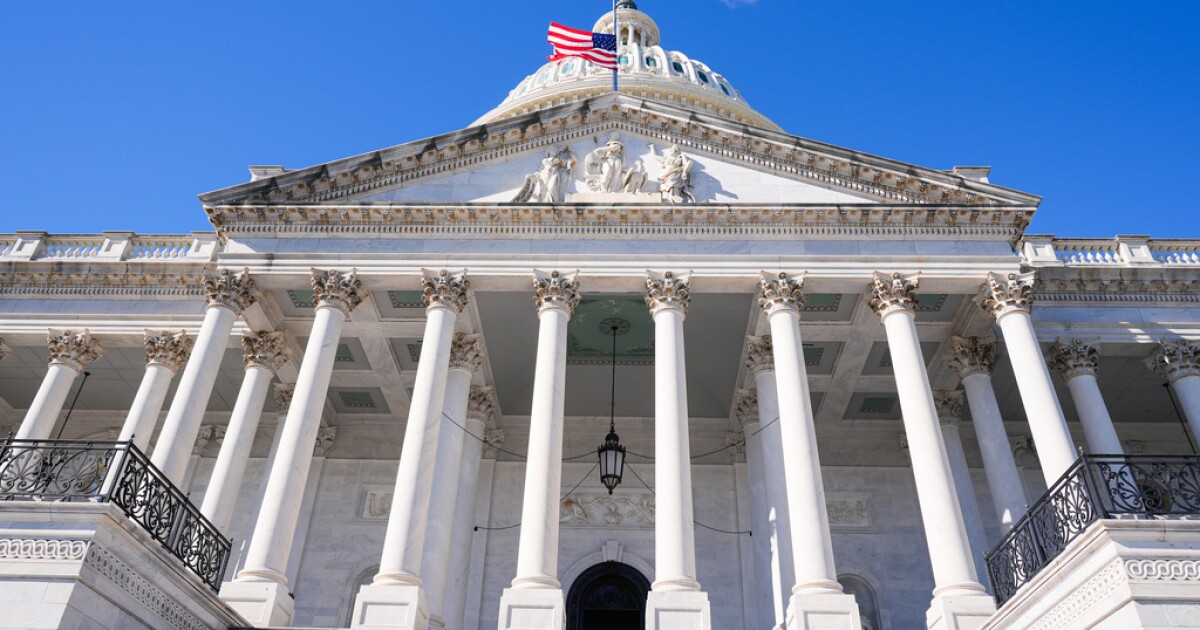The U.S. Senate voted late on Sunday to advance a stopgap funding bill aimed at ending the federal government shutdown, which has now lasted for over 41 days. This bipartisan agreement, reached between centrist Democrats and Republicans, will fund a significant portion of the government through January 30, 2026, ensure backpay for federal employees, and reverse recent mass layoffs. Additionally, it allocates funds for critical programs, including the Supplemental Nutrition Assistance Program (SNAP), commonly known as food stamps.
While the majority of Senate Democrats opposed the deal, sufficient support from both parties allowed the legislation to surpass the 60-vote threshold necessary to avoid a filibuster. The vote occurred on a day marked by considerable disruption in air travel, with over 2,000 flights canceled and approximately 7,000 delayed nationwide.
Democratic Opposition on ACA Subsidies
One of the most contentious aspects of the bill is its failure to extend the subsidies linked to the Affordable Care Act (ACA), a priority for many Democrats during the shutdown. With open enrollment beginning, the absence of these subsidies will likely lead to higher premiums for many Americans. President Donald Trump indicated over the weekend his disapproval of extending these subsidies, although Republican leaders have promised future votes on the matter.
House Minority Leader Hakeem Jeffries of New York has expressed strong opposition to the Senate’s agreement. “We will not support spending legislation advanced by Senate Republicans that fails to extend the Affordable Health Care Act tax subsidies,” Jeffries stated. He added that the House will fight against the bill, urging Speaker Mike Johnson to conclude the Republican recess and address the issue.
For millions of Americans grappling with uncertainty regarding food, travel, and paychecks, the Senate’s action is a welcome development after weeks of political deadlock. Having invoked cloture, the Senate will now proceed to limited debate before a final vote, which will only require a simple majority for approval. If passed, the funding package will move to the House, where Speaker Johnson has yet to reveal his stance on the legislation.
The shutdown, which began on October 1, 2023, has now become the longest in U.S. history. Throughout this standoff, the Senate has conducted over a dozen votes, with Democrats advocating for the protection of ACA tax credits set to expire at the end of the year. In contrast, Republicans have maintained that broader health care negotiations should be deferred until after the government reopens.
With the Senate’s recent actions, the hope remains for a resolution that addresses the needs of federal employees and the larger American public while navigating the complexities of health care funding.






































































